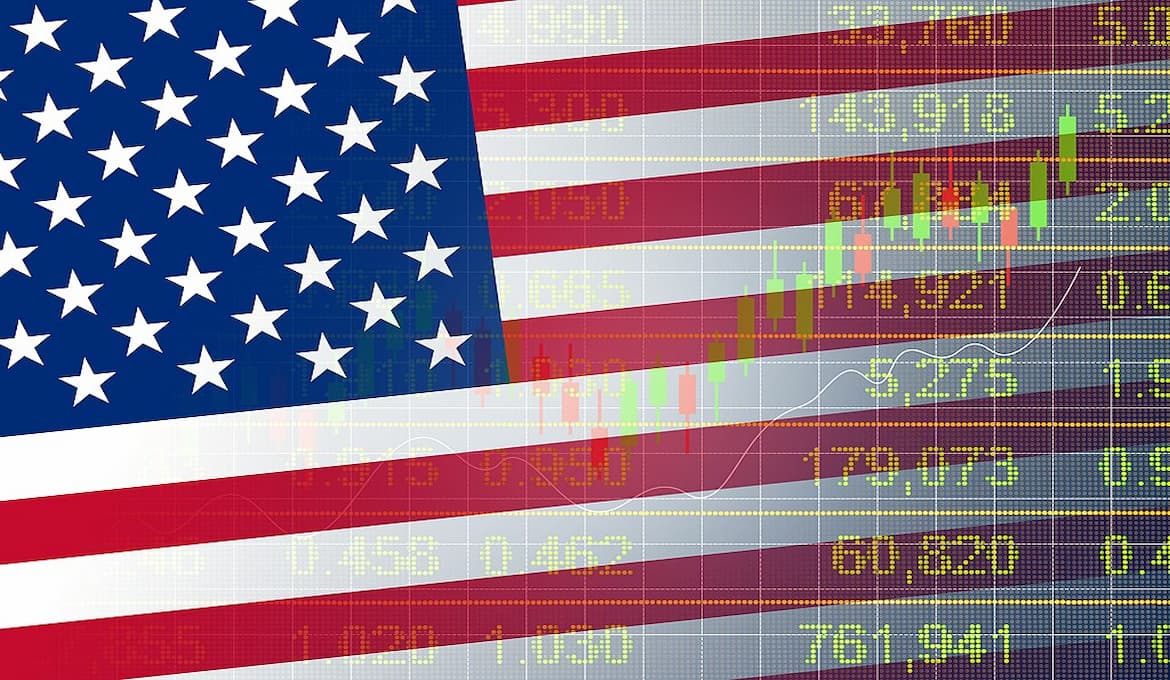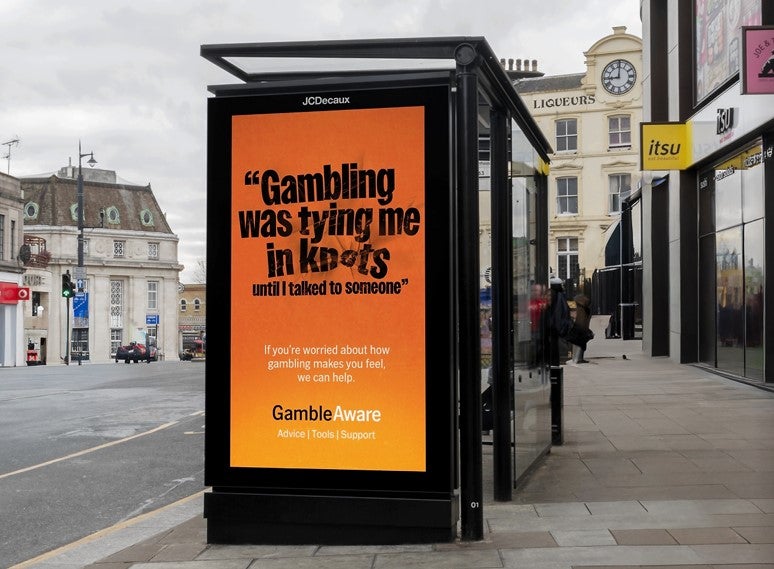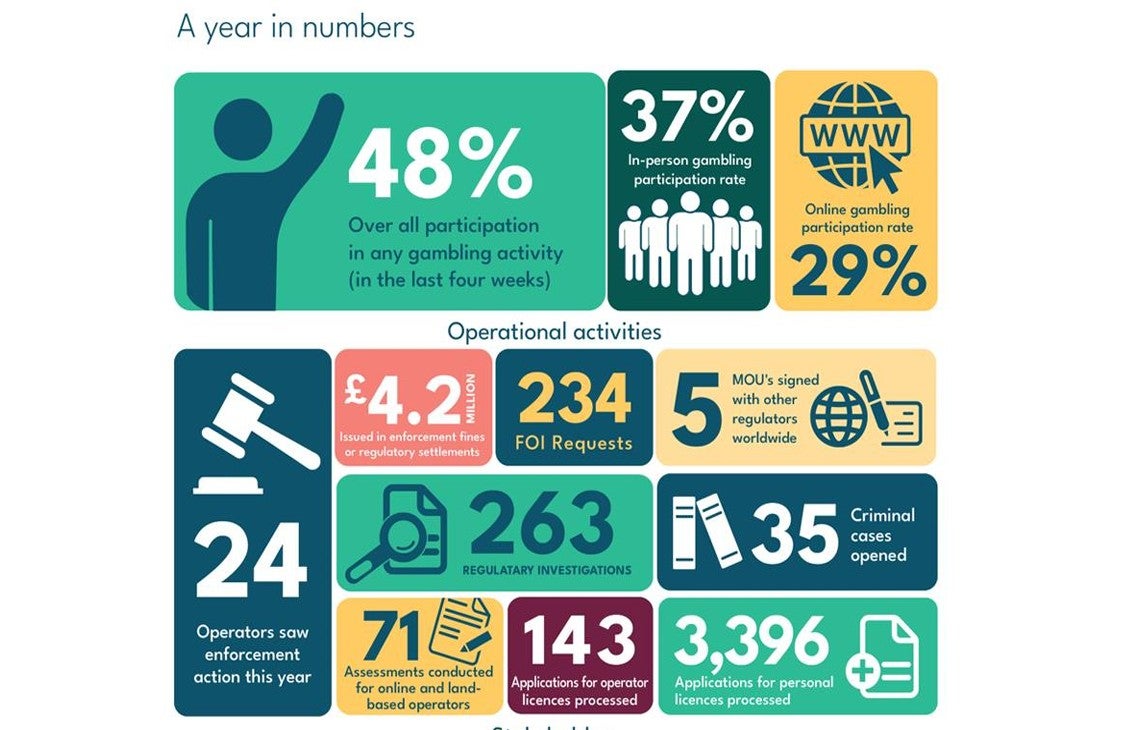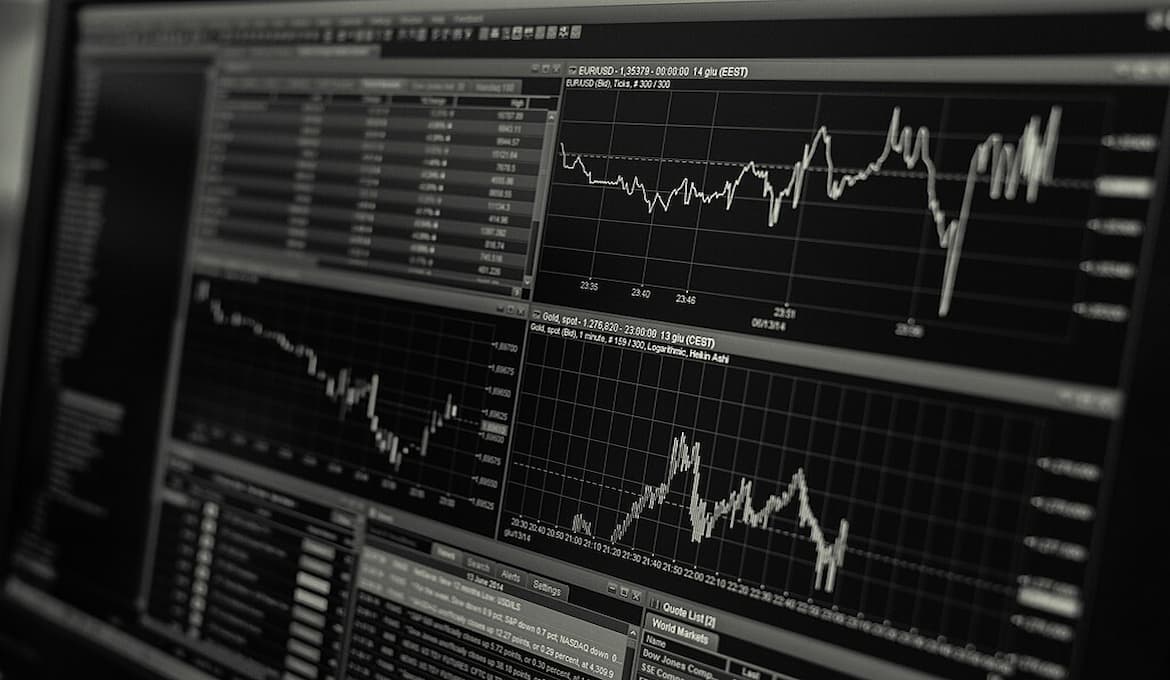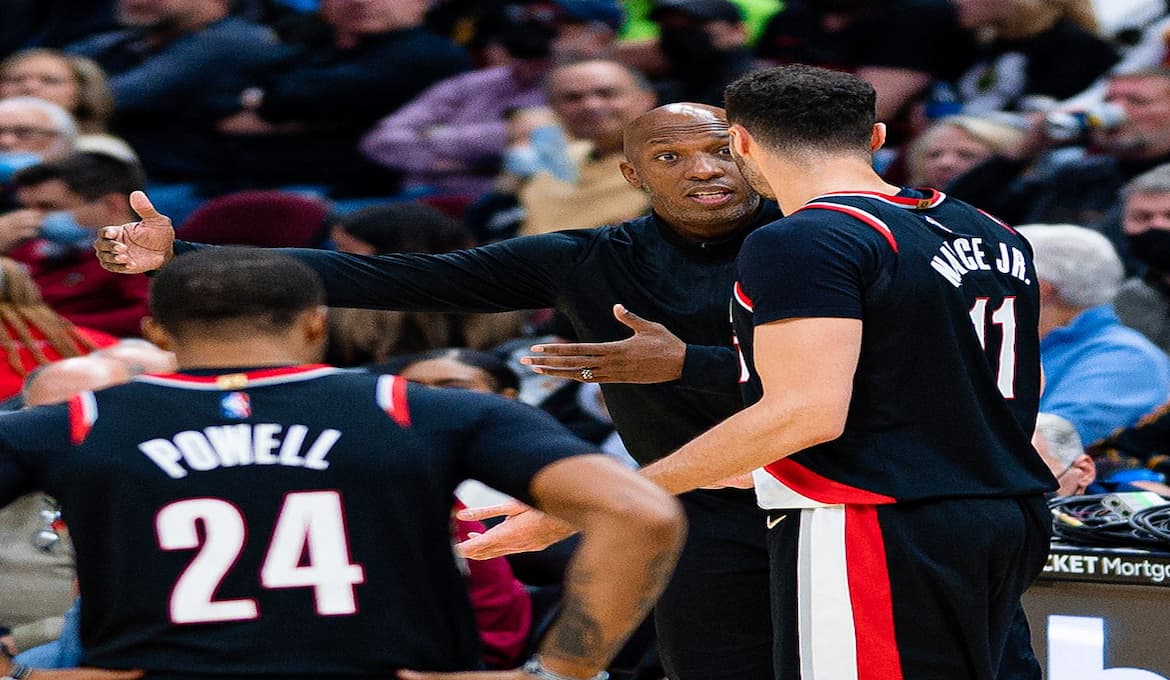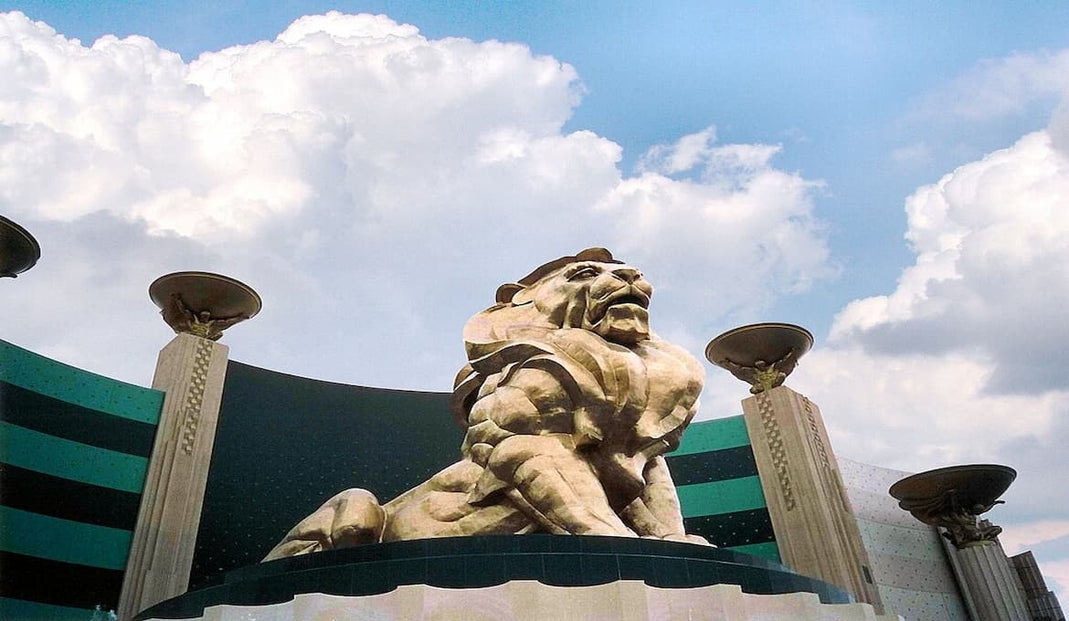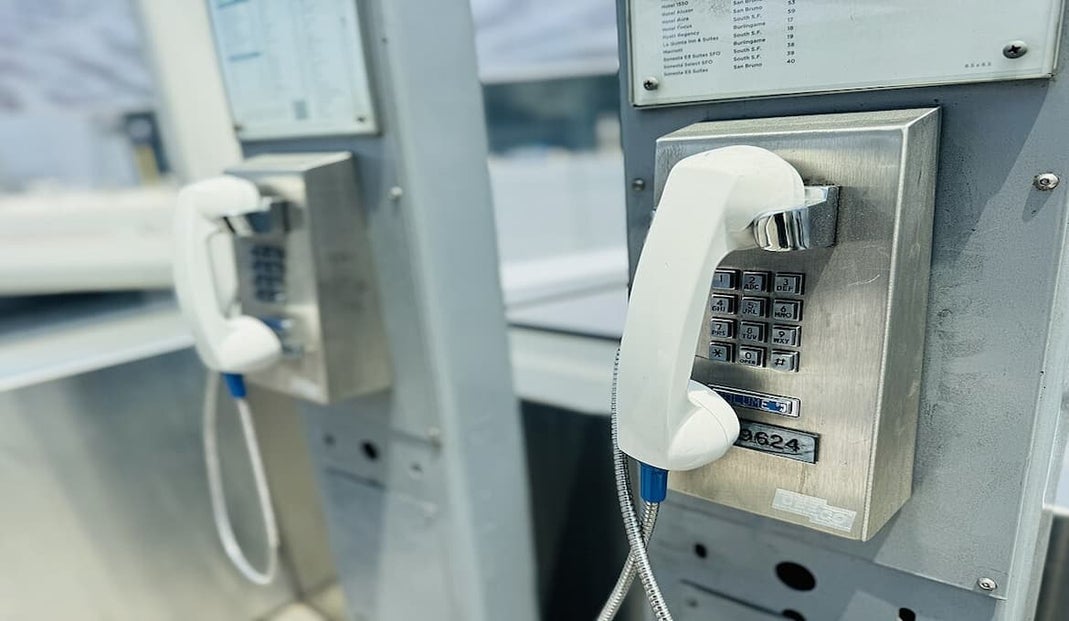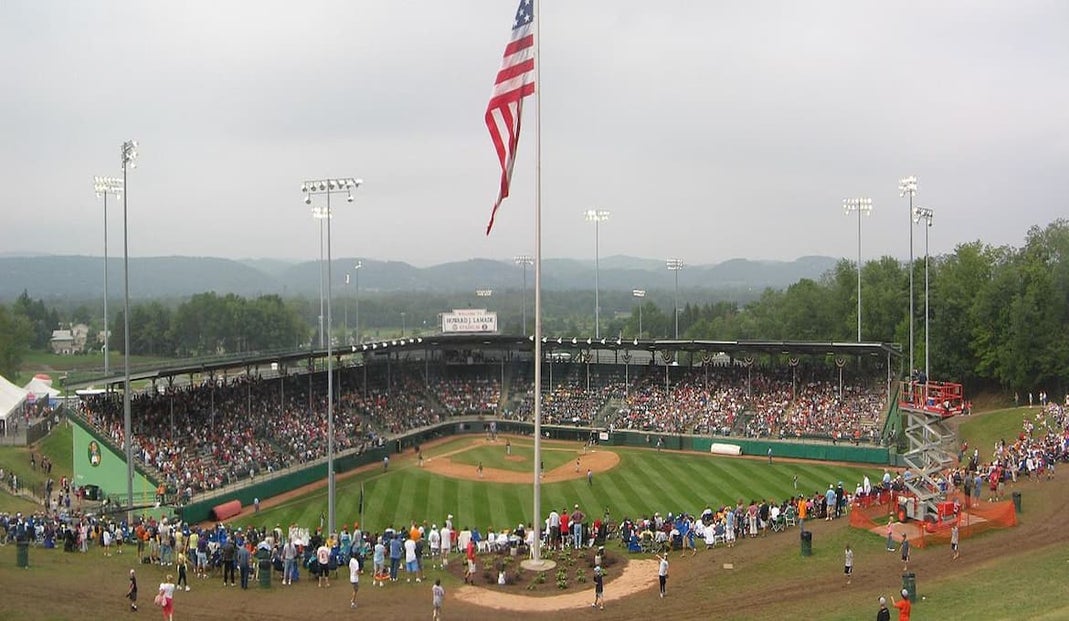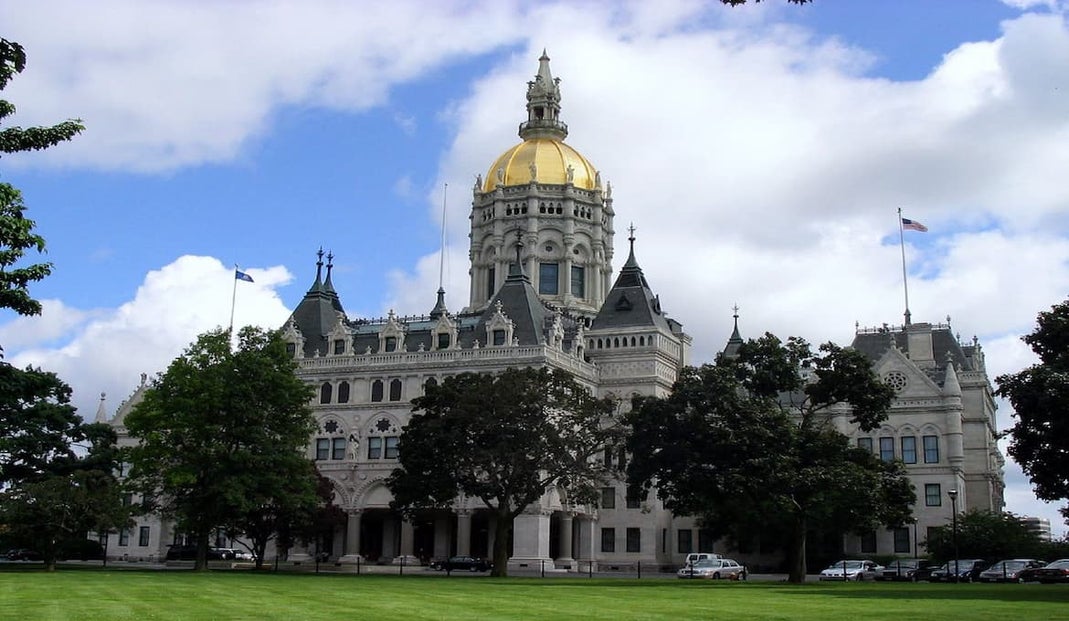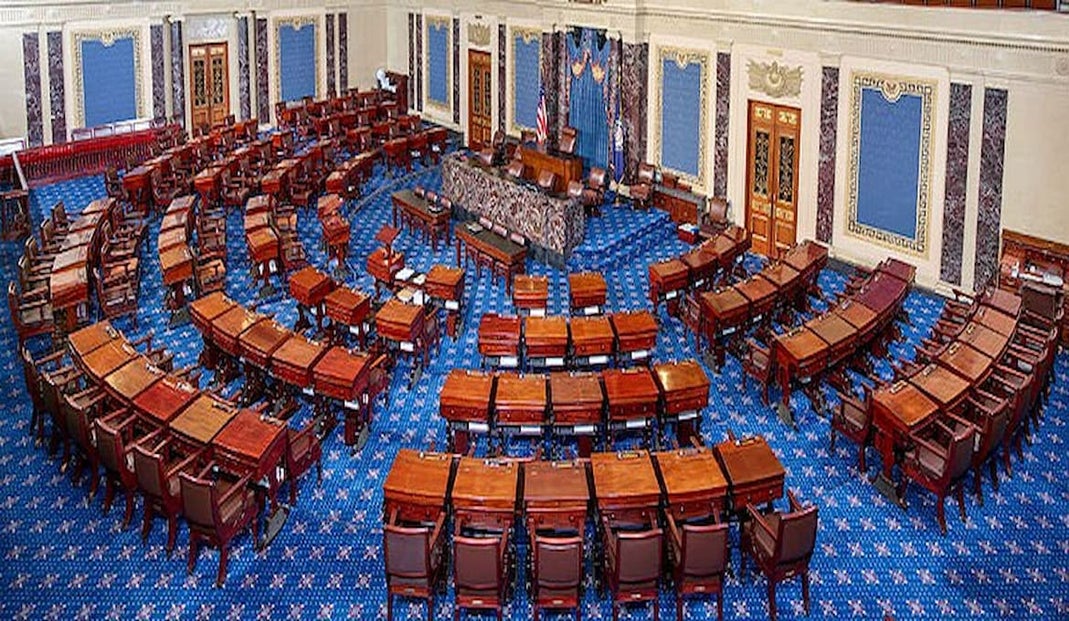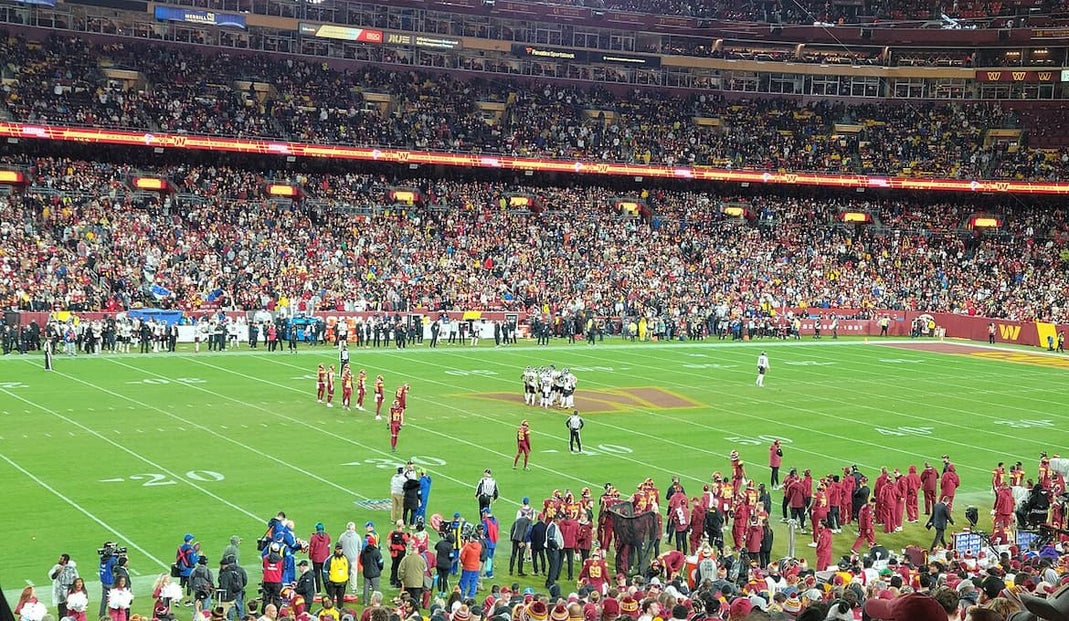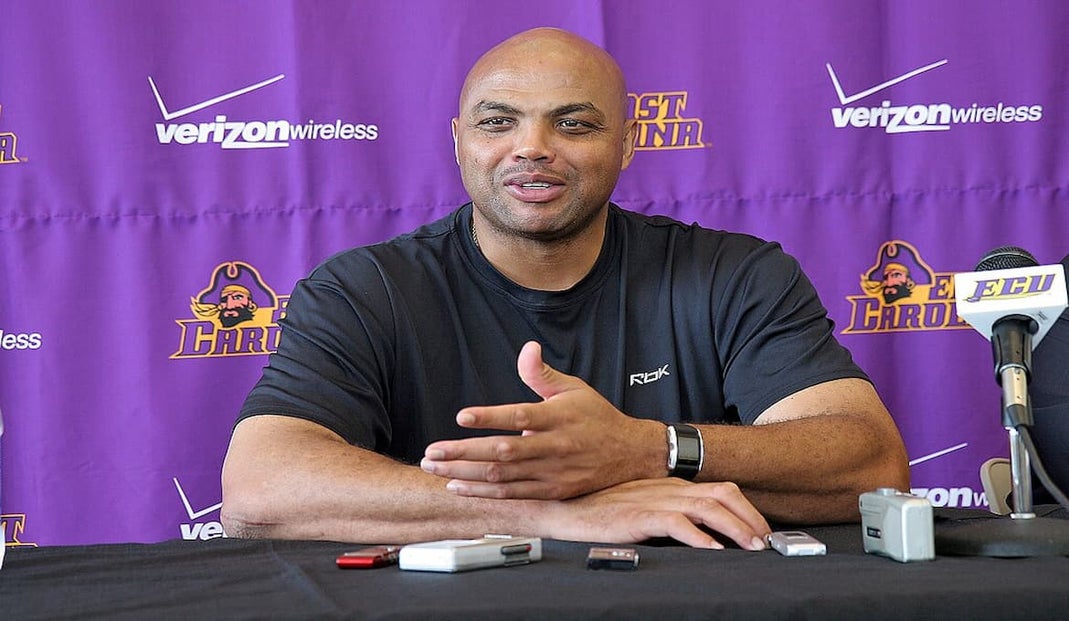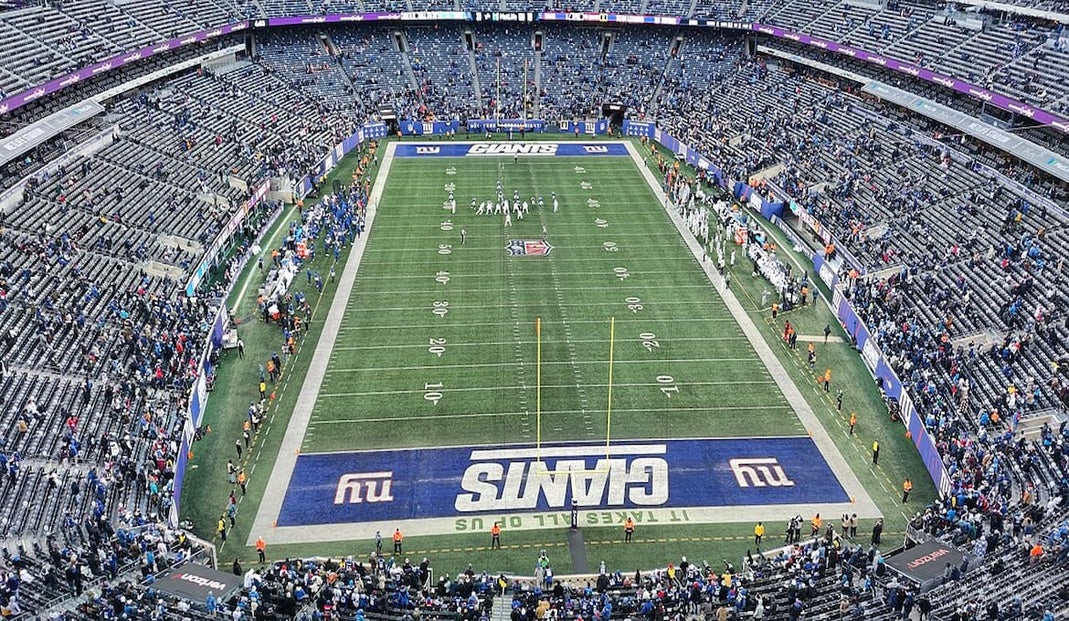CFTC Isn’t Ready for Problem Gambling Spike
The CFTC’s shrinking staff is only tasked with regulating a few active sports prediction market operators in the US. They were able to handle the spike in popularity during the 2024 Presidential election, Super Bowl LIX, and the 2025 NCAA Tournament, rivaling the revenue seen by US sportsbooks. However, that success has many other companies, including DraftKings and FanDuel, looking to join the growing industry.
With the industry seeing several new operators approved for launch, the customer base is expected to explode over the next year. With that growth will also come a spike in problem gambling. Sportsbook operators have far larger staffs to deal solely with this issue, but the CFTC won’t. With the regulator unlikely to add more staff, the spike in problem gambling could be far worse than we saw when legal sports betting first launched.
State Problem Gambling Funds at Risk
Many states with legal sports betting markets earmark some of the tax revenue generated to address problem gambling. This helps fund things like hotlines, educational tools, and other options for those struggling with problem gambling.
Sports prediction markets don’t pay gambling taxes to the state or their problem gambling programs. The industry is expected to sway many sports bettors to make the switch, resulting in a dip in revenue for regulated markets.
That means less money for problem gambling, which is expected to spike as more customers switch to sports prediction markets.
Prediction Markets Still Could Face Bans
The legal battles over sports prediction markets are continuing to expand across the US. We have seen state regulators, tribes, and attorneys general from 36 states take action against sports prediction operators in an attempt to push these operators out. Those efforts have largely failed so far, as federal judges have ruled that only the CFTC can enforce a ban on sports prediction markets.
The White House nominee to lead the CFTC has deep ties to these controversial markets and is expected to introduce legal protections for the industry if approved. However, pushback from state lawmakers could lead to his nomination, which was recently postponed. If it does, it could mean the end for the sports prediction industry.


